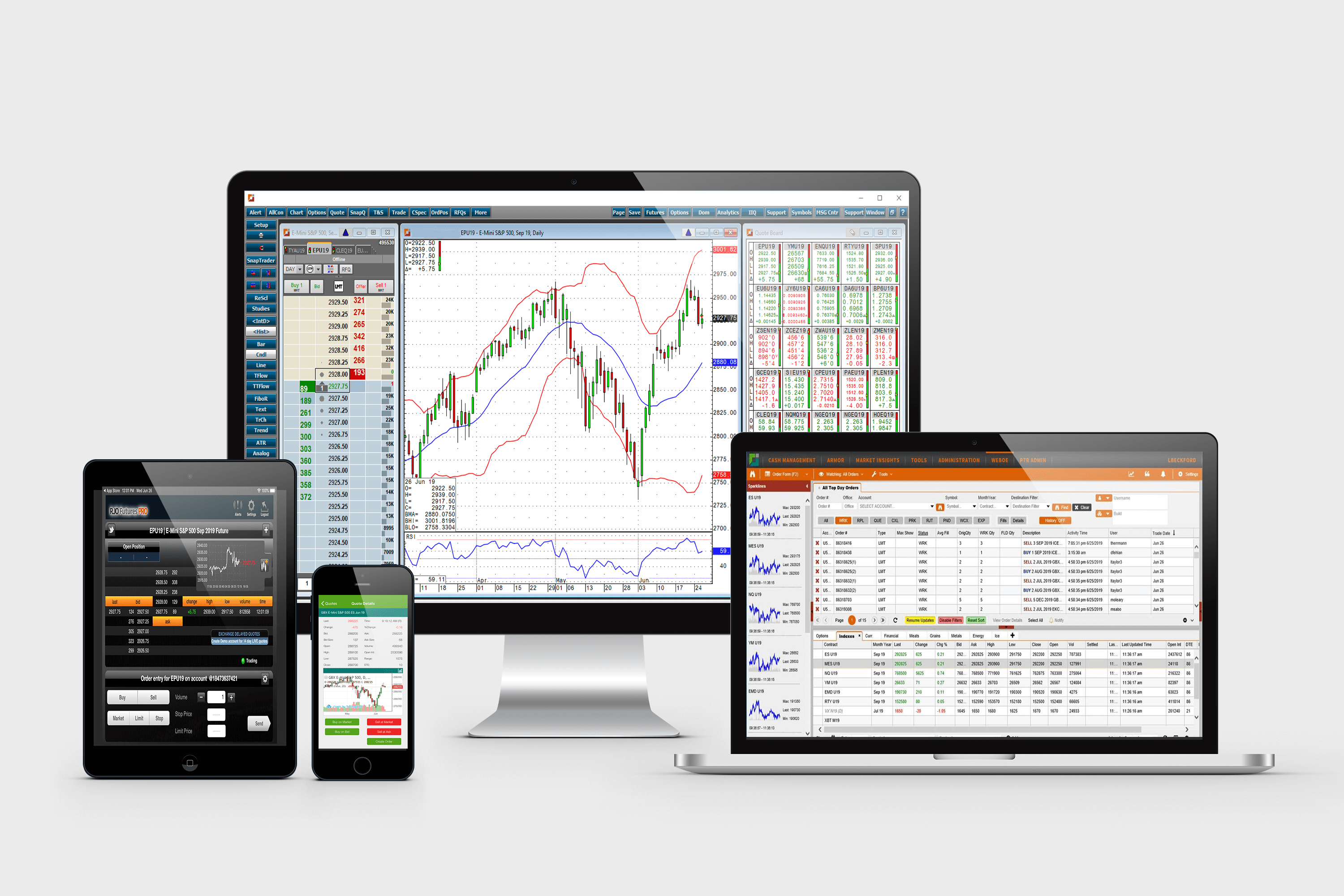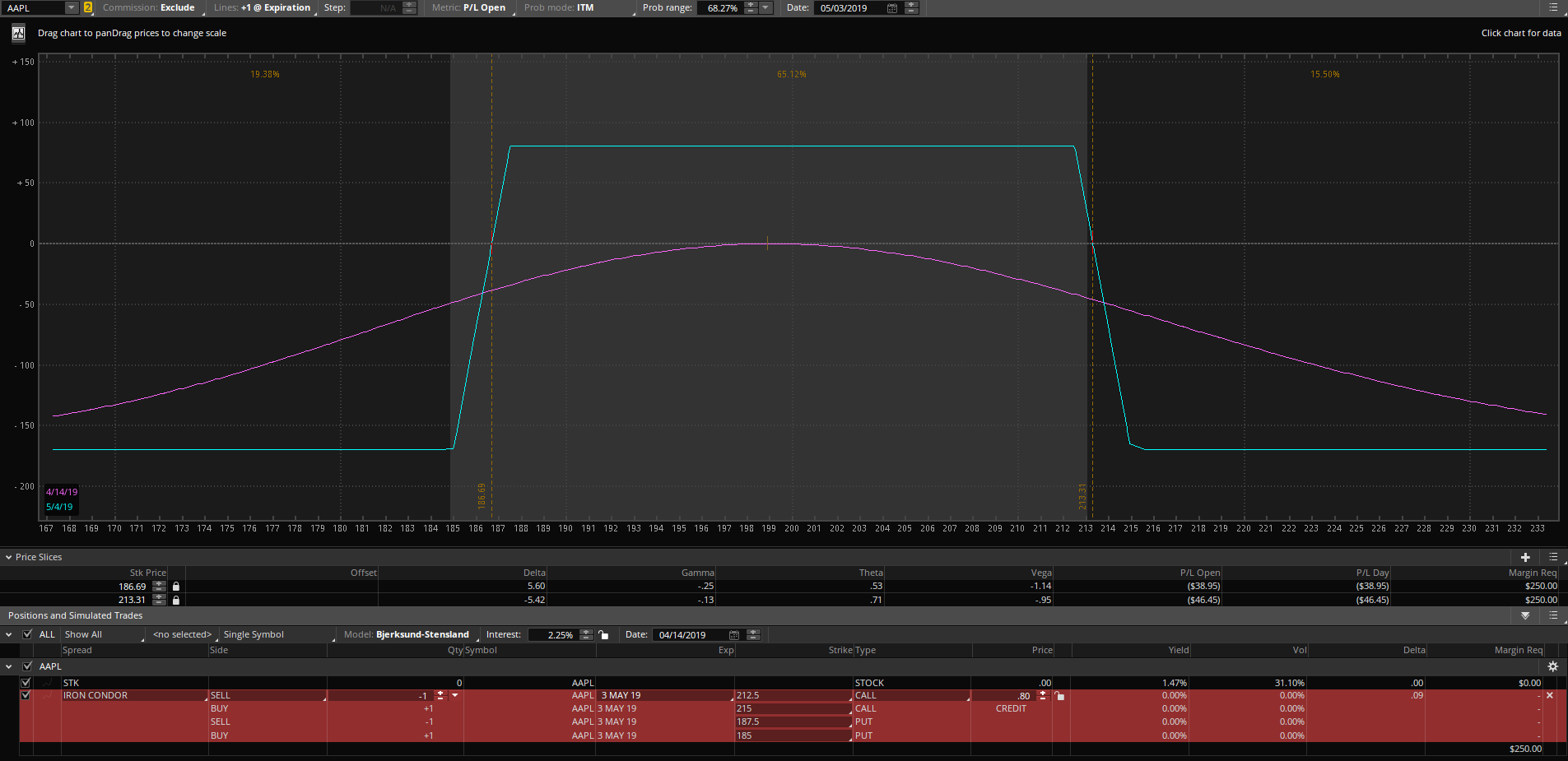- With the thinkorswim Mobile app, you can trade with the power of your desktop in the palm of your hand. Invest through your iPhone, iPad, and Apple Watch™, with one of the top rated trading apps that lets you place commission free stock, ETF, and option trades easily and securely.
- Mac OS gets the least attention from Java (Oracle) in terms of updates and direct support so I wouldn't put them first. As far as Windows vs. Linux, I would say Linux probably runs Java apps a little better than Windows since so many users of Java write server-based apps which mostly run on Linux servers.
Windows users
Download Thinkorswim Free for Mac from this platform. It is a trading platform that issued by the TD Ameritrade in 2009. In the market it is consider as the most suitable trading platform for traders. Thinkorswim (TOS) Free Download for Mac Overview On the top of Thinkorswim, there are multiple tabs available such as monitor.
Thinkorswim Macd
- 1. Click 'Install thinkorswim' above to automatically select the installer appropriate for your operating system and click 'Run'. The download may take anywhere from a couple of minutes to half an hour depending upon the speed of your Internet connection.
- Note: Depending on your security settings, you may be presented with dialogs asking for permission to continue. Confirm you want to proceed with the installation.
- 2. Once the download has completed, the installation wizard should start automatically. Follow the instructions when prompted. Only advanced users should change any of the options from the defaults selected by the wizard.
- 3. Once you have clicked Done, the installation process is completed. You will now have an icon labelled thinkorswim that displays the thinkorswim logo on your desktop. If this is visible, the installation was completed successfully.
- Once you have clicked Done, the installation process is completed. You will now have an icon labelled thinkorswim that displays the thinkorswim logo on your desktop. If this is visible, the installation was completed successfully.
Note: You do not need to install any other software. A Java virtual machine is included with this download. If you are updating your 32-bit installation to 64-bit, the installer will automatically detect your old installation and retain your existing settings. No manual intervention is required.
 Install thinkorswim (64-bit)
Install thinkorswim (64-bit)

 Install thinkorswim (32-bit)
Install thinkorswim (32-bit)The Charts interface is one of the most widely used features in the thinkorswim platform. This interface provides you with a visual representation of a symbol’s price over time and hundreds of technical indicators that will help you analyze the price action. The video below will guide you through this interface and articles in this section will give you detailed descriptions of its components and useful features.
1. Symbol Selector and Other Header Controls
The first thing you do in Charts is specify the symbol for which the price plot will be displayed. To do so, type in the symbol name in the Symbol Selector box. You can also look through all the available symbols to pick the desirable one: click on the gray triangle and search through the categories in the dialog that pops up. In Charts, you can view and analyze price plots of any kind of symbols: stock, options, futures, and forex. Note: in addition to the Symbol Selector, the header contains other useful controls, such as Clipboard, symbol description, chart sharing, Edit Studies and Strategies, Chart Settings, Quick Time Frames, Style, Drawings, Studies, and Patterns.
2. Chart Time Frame
Once you pick up a symbol, you will see its price plot on the main subgraph. By default, the 1 year 1 day time frame is used (which means that the chart displays one year worh of data, candles aggregated on a daily basis). To change this time frame, сlick on the Time Frame button above the chart, next to the gear button, and specify the desirable aggregation period and time interval. You can also pick a time frame from your Favorites. To learn more about time frames, refer to the Chart Aggregation section. To learn how you can customize the list of your favorite time frames, refer to the Favorite Time Frames article.
3. Chart Type and Chart Mode
Thinkorswim Mac Os Version 2017
By default, the chart uses the Candle char type; however, you are free to change it to another chart type, e.g., Bar, Line, etc. To do so, click Style in the header, move your cursor over the Chart type menu item, and select the preferred chart type. Chart types are characteristic of the price plot in the Standard mode, however, you may choose and advanced mode, e.g., Monkey Bars or Seasonality. More information on the chart modes and types can be found in the Chart Modes and Chart Types sections.
4. Volume and Lower Subgraphs
Below the main subgraph, you’ll find additional subgraphs. By default, the only visible additional subgraph is Volume, which displays the volume histogram and volume-based studies. When you add a study designed to be displayed on an individual subgraph (neither main, nor volume), e.g., ADX, a new subgraph will be added below the volume, such subgraphs are called Lower subgraphs. All subgraphs have the main area (where the price, volume, and study values are plotted), two axes (time axis and value axis), and a status string (a string above the main area, which displays important time, price, volume, and study values based on where your cursor is). The parameters of the axes can be customized in the corresponding tabs (Price Axis, Time Axis) of the Chart Settings menu. Note: this menu controls the representation of every minor feature in Charts, so we’ve dedicated an entire manual section to this menu.
5. Additional Controls
Below the lowest subgraph, there are additional controls:
- Cursor type. This icon brings up the menu that will prompt you to select the desired cursor shape.
- Right Expansion. This icon brings up a menu that will help you customize chart’s expansion area: an additional chart area that appears when required by a certain component (a study, a corporate action, or listed options to be displayed).
- Scrollbar. Simply enough, it lets you scroll the time axis. A single click on either arrow will scroll your chart one candle (bar) to the left or to the right.
- Zoom In / Zoom Out. These icons help you set up the desirable scale. Note that you can also zoom in on a specified chart area simply by selecting it with the pointer (see Active Tool below) or scrolling up while holding the Ctrl button. You can also click Ctrl+ and Ctrl- to zoom in and zoom out.
- Active Tool. By default, your active tool is the pointer (which enables you to zoom in on desirable areas by selecting them, activate and modify drawings, etc). This control, however, lets you choose another tool, e.g., a pan, which enables you to re-position your viewing area by dragging-and-dropping, or a Drawing tool.
- Drawing Set Selector. This control will enable you to perform operations with your drawing sets.
6. Chart Grid
Like several other thinkorswim interfaces, Charts can be used in a grid, i.e., you can open multiple Charts instances in a single layout. Each instance is independent from others and displayed in an individual grid cell. To create a chart grid:
1. Click on the Grid button above the header. The Grid menu will appear.
2. Hover your mouse across the layout editor to specify the configuration of your chart grid. It needs to be rectangular and its maximum size depends on your screen resolution.
3. Click when the desirable grid is highlighted. For example, doing so when a 3x3 grid is highlighted will display nine chart cells. You can use each chart cell the same way you would use the full-size interface, however, adding too many cells will optimize the display: the volume will be overlapped to the main subgraph, lower subgraphs will be turned off, axes will be hidden, etc. This might also affect visibility of studies and drawings.
4. If you need to maximize any of the cells, i.e., view a Charts instance in full size, click its Show actions button and choose Maximize cell; alternatively, you can double-click the symbol description. Double-clicking the symbol description again will restore the original configuration.
5. You can save your grid for further use. To do so, click on the Grid button and choose Save grid as... in the menu. Specify the grid name and click Save. This will save all your charts in the grid with all studies, patterns, and drawing sets added to them. You can manage your saved grids in the same menu.
Td Ameritrade Think Or Swim App
6. The name of the last loaded grid is shown to the left of the Grid button. Resetting the grid or workspace will clear this space.